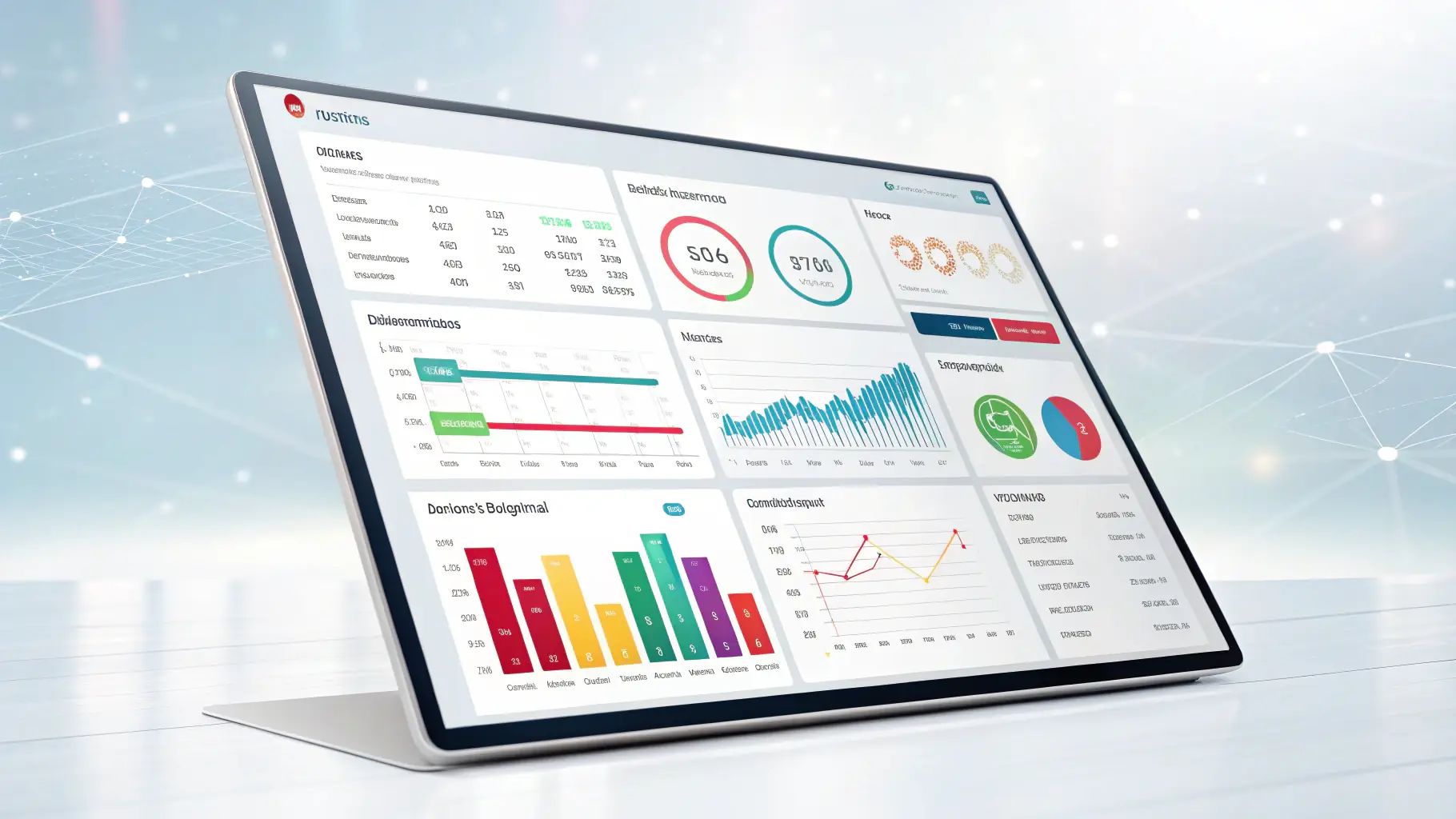Implementing an Enterprise Resource Planning (ERP) system can significantly enhance operational efficiency and improve decision-making. However, a successful implementation requires careful planning and execution. A well-defined project plan is essential to ensure that the ERP system aligns with the organization’s specific needs and goals. This plan should include clear timelines, resource allocation, and communication strategies. Careful consideration of the organization’s existing processes and workflows is crucial during the implementation phase. The ERP system should be tailored to these processes, rather than forcing the organization to adapt to the system. This approach ensures a smooth transition and minimizes disruption to daily operations. Thorough training for employees is also essential to ensure they can effectively utilize the new system. Post-implementation support and ongoing training are vital for maximizing the benefits of the ERP system. Regular monitoring and evaluation of the system’s performance are crucial to identify areas for improvement and ensure that the system continues to meet the evolving needs of the organization. This ongoing support ensures that the organization gets the most out of its investment in the ERP system.
Navigating Change Management for Successful Transformations
Learn how to effectively manage change during organizational transformations.



